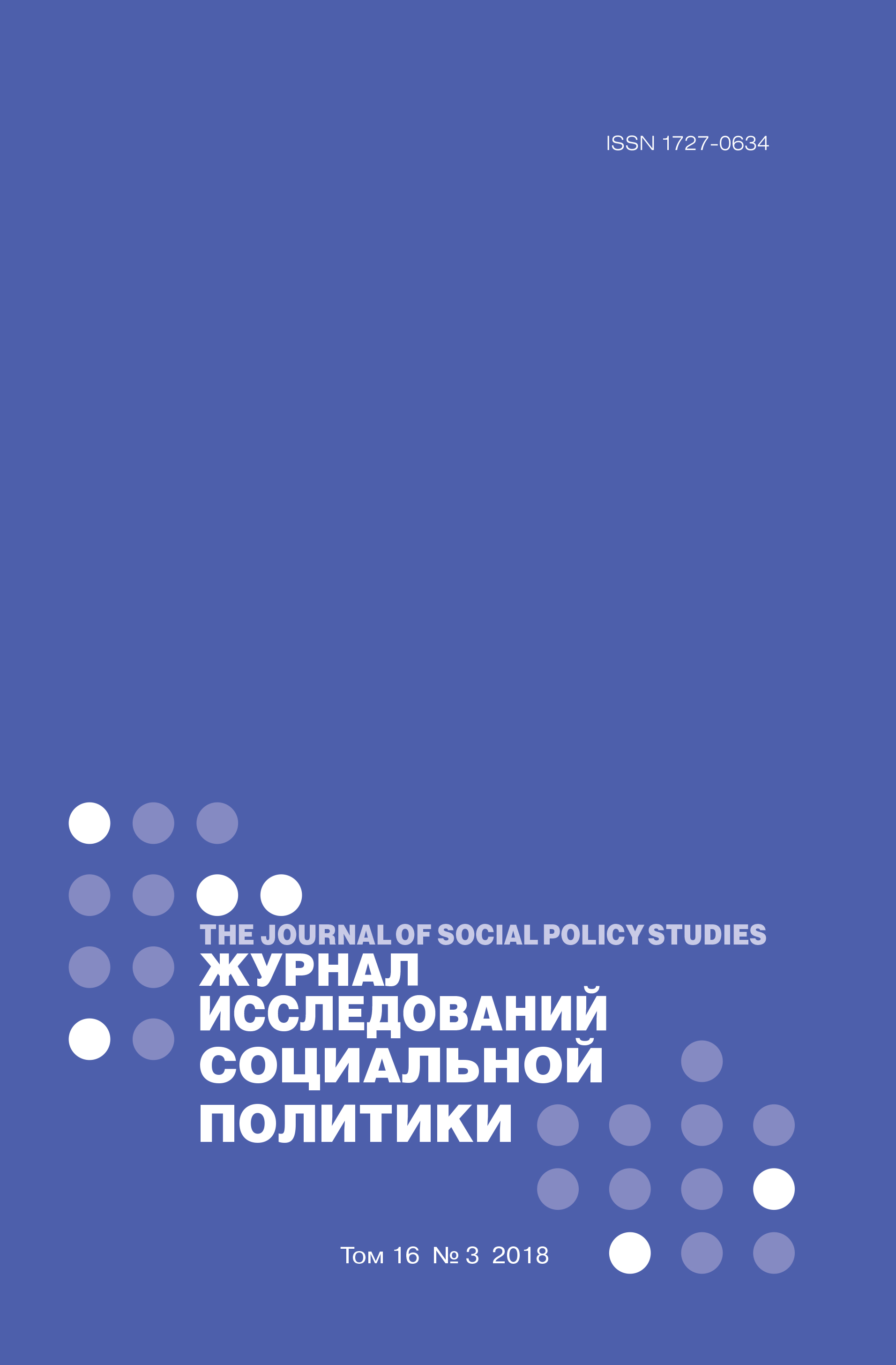Intersectionality as a Way of Conceptualizing Gender and Class Inequality
Abstract
Tatiana Gavrilyuk – PhD in Sociology, Associate Professor, senior researcher of the Center for Advanced Research and Innovation Development, Industrial University of Tyumen, Tyumen, Russian Federation. Email: tv_gavrilyuk@mail.ru
Vladislav Bocharov – PhD in Sociology, Associate Professor, the Chairman of Sociology and Cultural Studies at Sociological department, Samara National Research University; associate research fellow, The Sociological Institute of the Russian Academy of Sciences, St. Petersburg, Russian Federation. Email: vlad.bocharov@gmail.com
This article offers an analytical review of the theoretical and social assumptions, as well as methodological approaches, behind the theory of class and gender inequality interpretation. As two basic concepts of modern sociology, gender and class have produced two parallel scientific discourses for a long time. On the one hand, the conventional class analysis was gender-insensitive, protecting its own initial assumptions under the onslaught of feminist criticism, until the mid‑1980s. On the other hand, gender theory and women’s studies often ignored the difference significance generated by social origin and class habitus. Postmodern criticism of the 1990s, and the 'cultural turn' this engendered, called into question the relevance of these categories by emphasizing their socially constructed nature, as well their inherent instability and fragmentation. At the same time, the consequences of global capitalist transformation, which affected large social groups, demonstrated the conceptual inadequacy of the constructivist approach to the categories in question. One of the answers to the postmodernism challenge is the theory of intersectionality, which takes into account both the influence of discourse producing social differences and barriers and actually existing power dispositions. This methodological framework studies how socially constructed and historically rooted systems of power and domination influence the formation of individual
subjectivity. It is postulated and justified in the intersectional approach that the mutual imposition of several stigmatizing social categorizations generates multiple negative effects for discriminated groups. The article presents an overview of international research by means of intersectional ‘optics’, examining
different versions of gender and sexual normality production, as well as strategies for combining family and professional roles within the framework of class cultures.















